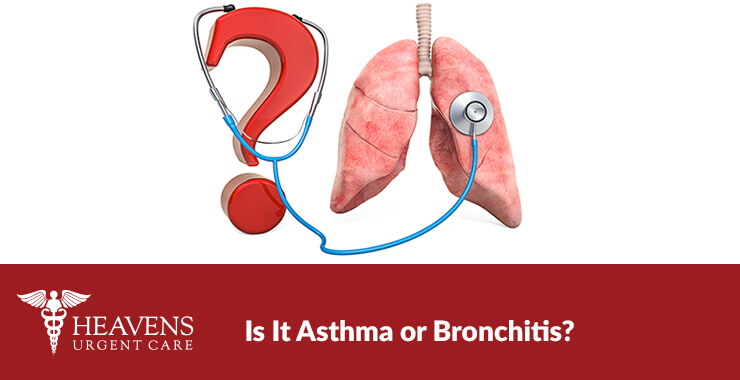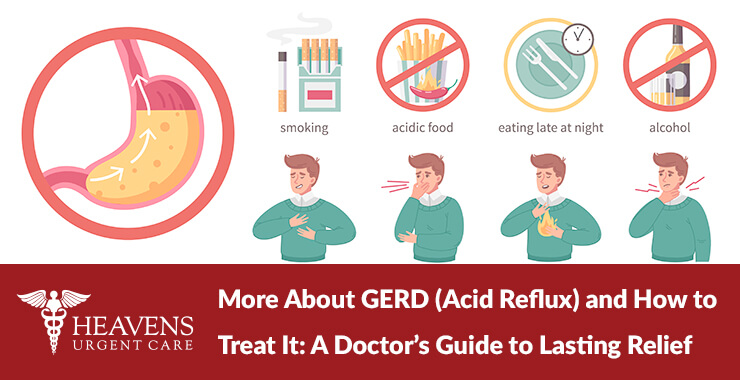We live in Arizona, yet many seniors will say that they feel cold, even in that blistering heat. They’re putting on jackets and covering up with a blanket while sitting in a recliner or chair and complaining about the hot weather.
What’s up with cold sensitivity and aging anyway?
The Truth About Why Seniors Feel Cold
Seniors may feel those cooler temps more than you do, for several reasons, including:
Slower Metabolism
As people age, their metabolism slows down, which means their bodies produce less heat making them more sensitive to cooler temperatures, resulting in relentless feelings of coldness.
Dehydration
Drinking plenty of water does more than help our Arizona seniors stay hydrated. Without adequate hydration, they can end up with a lowered blood volume and slow circulation, making it difficult for their bodies to maintain a consistent temperature.
Thinning Fat Layer
The fat layer under the skin that helps retain body heat tends to thin with age. This essential fat layer, responsible for retaining body heat begins diminishing around age 65, leaving seniors more vulnerable to the cold.
Inadequate Nutrition
As grandma ages, she loses her appetite and often forgets to eat. Encourage your senior to eat larger, more nutrient-dense meals, drink more warm beverages, and to avoid alcohol.
Decreased Blood Circulation
Blood vessels lose elasticity with age, which can lead to decreased blood circulation, especially in a seniors hands and feet.
Underlying Health Conditions
Some medical conditions, like anemia, can cause people to feel cold all the time. Other conditions that can contribute to feeling cold include:
- Strokes
- Parkinson’s disease
- Sepsis
- Malnutrition and anorexia
- Nerve damage
- Alcohol use
- Kidney disease
- Drug use
- Diabetes
- Thyroid disorders
- Medication side effects
It is also very common for people who are in the mid to later stages of dementia to feel cold.
While most people think that hypothermia can only occur in freezing, wet, and frigid conditions, the truth is that seniors with cold sensitivity can also experience hypothermia.
Some studies suggest that seniors with a slow metabolism can experience hypothermia when temperatures are in the mid-70s, so don’t discount those complaints about feeling cold.
Research has shown that the average and safe room temperature for older adults is around 78 degrees. To prevent an elderly adult from becoming too cold, it is recommended that the room temperature never falls below 65 degrees.

How to Help Seniors Who Experience Cold Sensitivity
Start by making certain that your favorite senior has had a recent physical. Some of the conditions listed above may not have been properly diagnosed or treatment protocols understood.
We recommend these three strategies to help minimize feeling cold:
- Start the morning by layering up on clothing that can be easily removed or put back on.
- Encourage light exercises for 20 minutes a day to increase circulation, even if that means walking around their home or apartment. Doing chair exercises is another great option.
- Getting about 10 minutes a day of sunlight can also help seniors feel warm and relaxed.
If you (or a loved one) are feeling colder as you get older remember that there are measures that can be taken to help you warm up.
And don’t worry too much, increased cold sensitivity is a normal part of aging, but stay aware, because that cold feeling can also be a sign of a health problem. Never neglect your self-care and healthcare!







